What Circuit Problems Can the Intelligent Universal Circuit Breaker Solve?
Addressing Overload and Short-Circuit Conditions
By continuously monitoring current flow, it detects when electrical demand exceeds safe limits. Instead of relying solely on thermal or magnetic triggers, the intelligent breaker uses microprocessor-based algorithms to analyze data and respond more accurately. In addition, it protects against short circuits—sudden high-current faults that can damage equipment or cause fires. The intelligent system reacts quickly, downtime and preventing damage to wiring and connected devices.
Managing Power Quality and System Communication
Voltage fluctuations, harmonics, and imbalance between phases can reduced equipment lifespan. The intelligent circuit breaker monitors these parameters and communicates data to control systems for corrective actions. Its communication interface—often integrated with smart building systems—enables remote monitoring and diagnostics. This allows maintenance personnel to identify and address potential problems before they escalate. Overall, the IUCB enhances energy management, safety, and operational reliability, making it a vital component in modern electrical infrastructures.
What Is the Main Function of an Insulated Case Circuit Breaker?
Designed for High-Capacity Electrical Protection
An Insulated Case Circuit Breaker (ICCB) serves as a protective device for medium and large-scale electrical installations. Its main function is to safeguard electrical circuits from overloads, short circuits, and equipment failures. Unlike smaller molded case breakers, the ICCB is built to handle higher current ratings, typically ranging from 400A to several thousand amperes. The “insulated case” design refers to the structure that separates live components, providing extra protection and ensuring reliable operation even in harsh environments.
Comprehensive Overcurrent and Fault Interruption
The ICCB operates by automatically disconnecting the circuit when abnormal conditions occur. It employs both thermal and magnetic trip elements to detect different fault types. For instance, a sustained overload causes heat buildup, which triggers the thermal element, while an instantaneous short circuit activates the magnetic release. These combined mechanisms protect electrical distribution systems from damage, preventing hazards such as insulation failure, equipment burnout, or electrical fires.
Flexibility and Integration with Modern Systems
A key advantage of insulated case breakers is their customization and modular design. Many models come with adjustable trip settings and digital protection relays, allowing engineers to tailor performance to specific applications. They can also integrate with building automation systems, providing feedback on power consumption and breaker status. This intelligent coordination reduces unnecessary tripping and enhances continuity of service. Ultimately, the main function of an insulated case circuit breaker is not just protection—it also contributes to improved energy efficiency and system reliability across industrial and commercial facilities.
What Are the Common Types of Safety Circuit Breakers?
Protecting Homes and Businesses from Electrical Risks
Safety circuit breakers are essential devices used to prevent electrical accidents and equipment damage. Their role is to interrupt current flow when faults occur, thereby safeguarding people and property. There are several common types, each designed to handle specific protection needs and electrical environments.
Miniature Circuit Breaker (MCB)
The Miniature Circuit Breaker is one of the widely used safety breakers. It is designed for low-voltage applications, typically found in residential and small commercial systems. The MCB protects against overloads and short circuits, automatically cutting off the current when safe limits are exceeded. It is compact, reliable, and easy to reset, making it an ideal replacement for traditional fuses.
Residual Current Circuit Breaker (RCCB)
Another important type is the Residual Current Circuit Breaker, which focuses on protecting people from electric shock. It detects differences between live and neutral current flow, indicating leakage through unintended paths, such as a person’s body or faulty insulation. When such a fault is detected, the RCCB disconnects the power almost instantly, injury risks and preventing electrical fires caused by leakage currents.
Molded Case Circuit Breaker (MCCB)
For larger electrical systems, the Molded Case Circuit Breaker provides higher current ratings and adjustable protection settings. It combines overload, short-circuit, and earth fault protection in a single device. MCCBs are used in commercial and industrial installations where more precise control and durability are required.
Air and Earth Leakage Circuit Breakers
In addition to MCBs and RCCBs, Air Circuit Breakers (ACBs) are used for high-capacity protection in power distribution systems, while Earth Leakage Circuit Breakers (ELCBs) detect and interrupt current leakage to the ground. Both types enhance safety in complex electrical environments.
Ensuring a Safe Electrical Network
Selecting the right safety circuit breaker depends on the voltage level, load capacity, and safety requirements of a system. Whether in homes, offices, or factories, these breakers play a vital role in ensuring uninterrupted, hazard-free electrical operation.



 English
English  Français
Français  中文简体
中文简体  русский
русский  Español
Español  عربى
عربى 

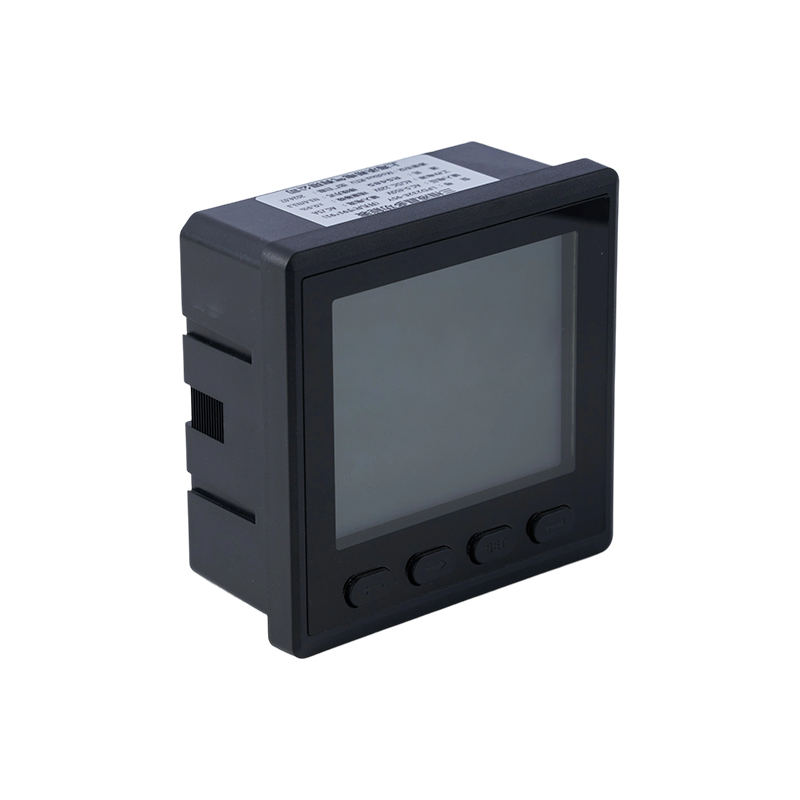
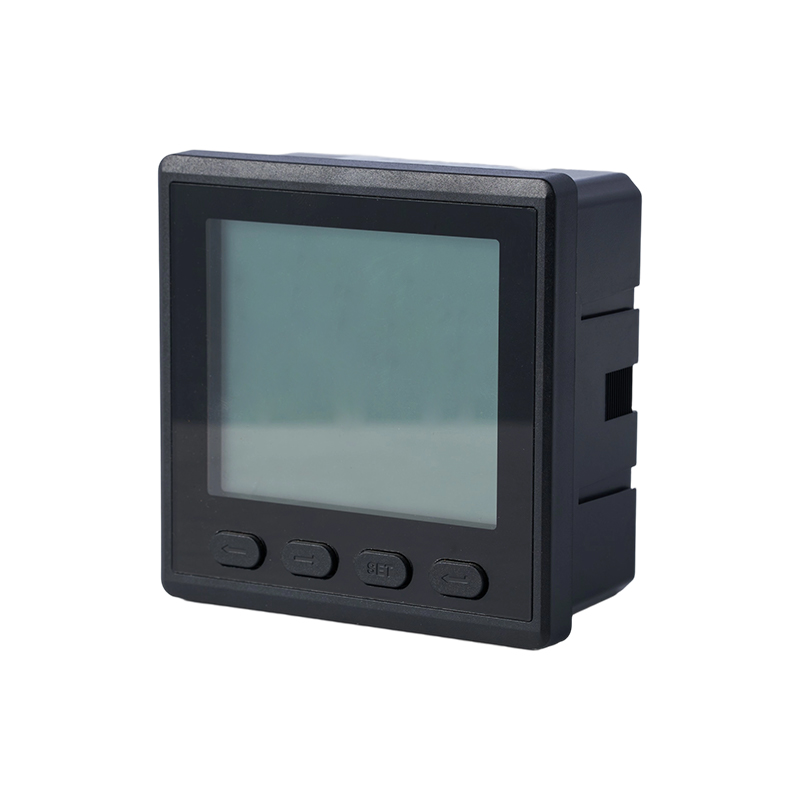
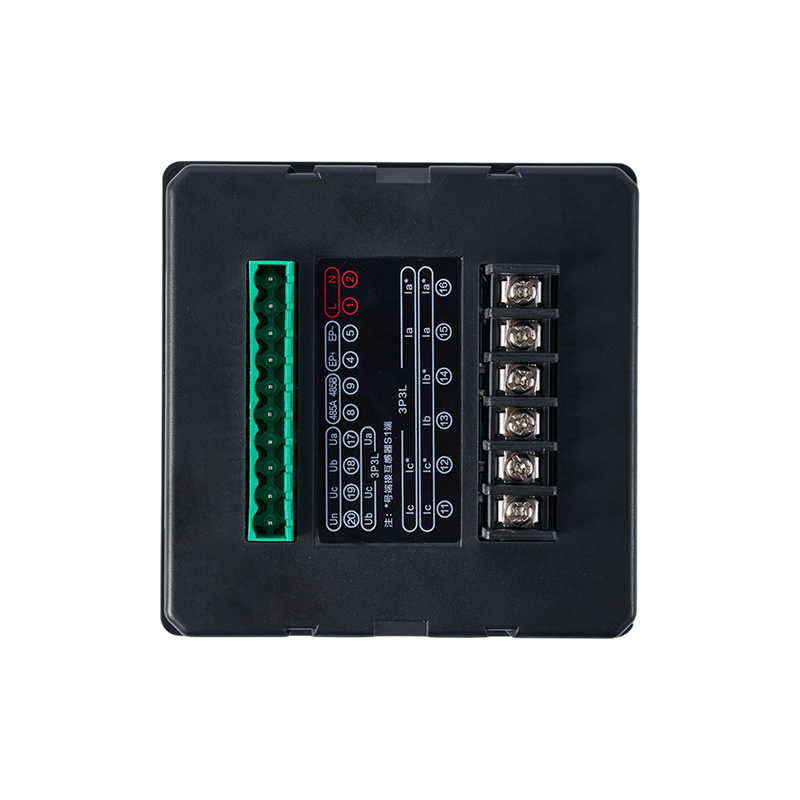
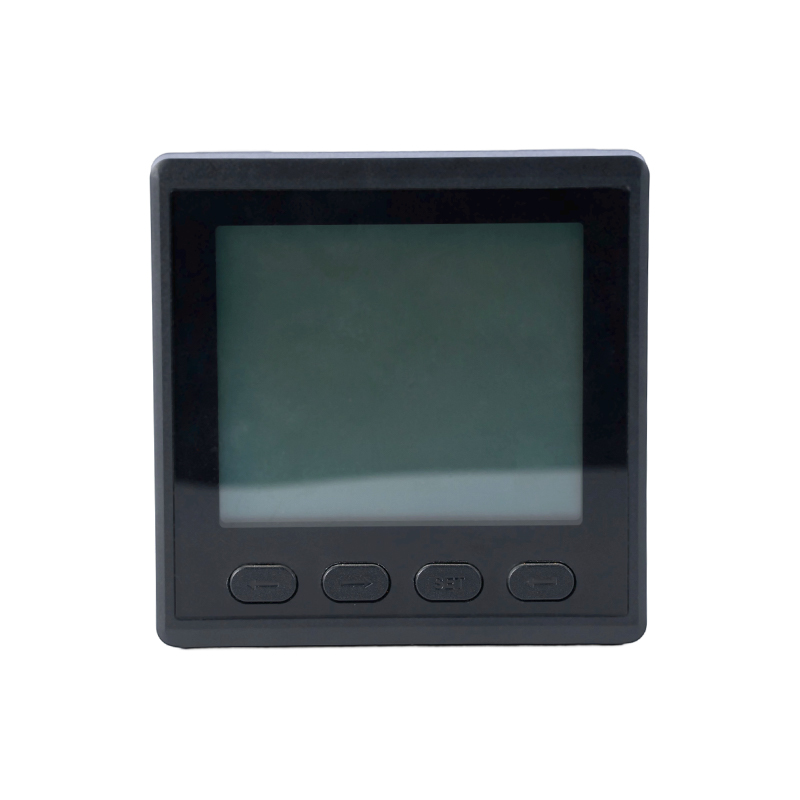
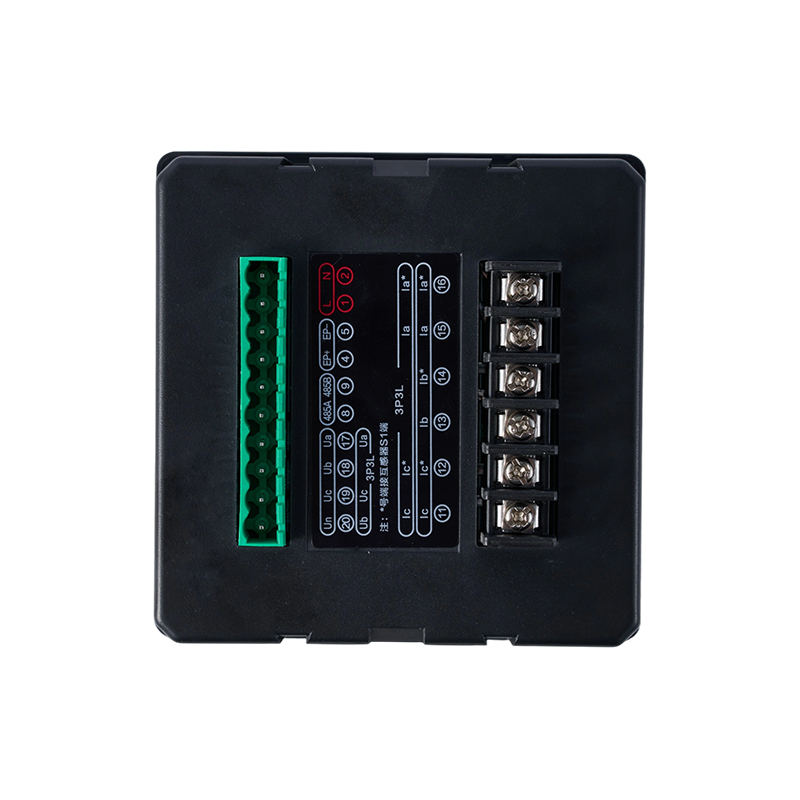




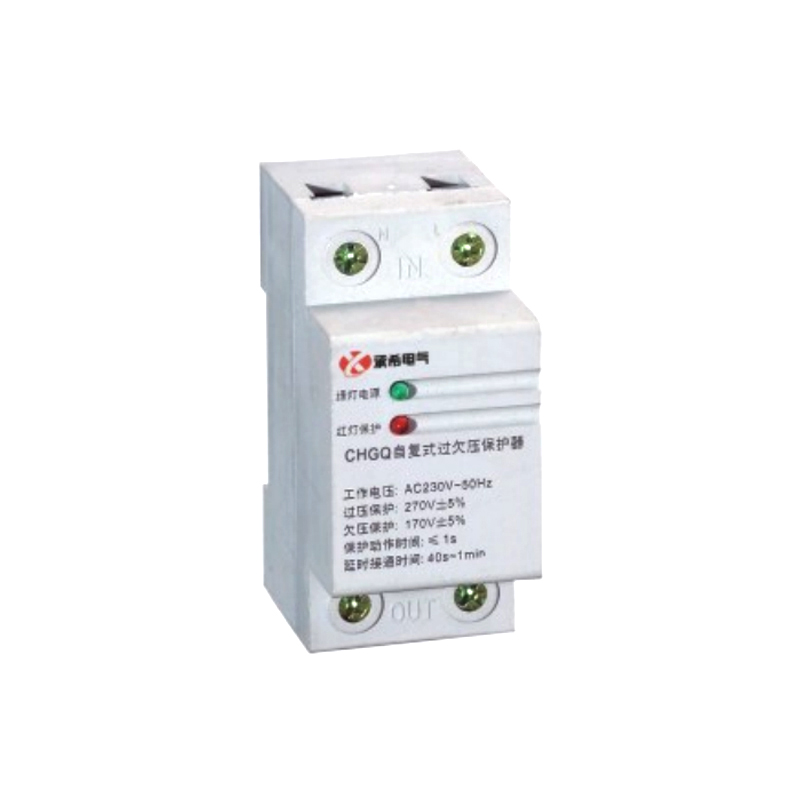


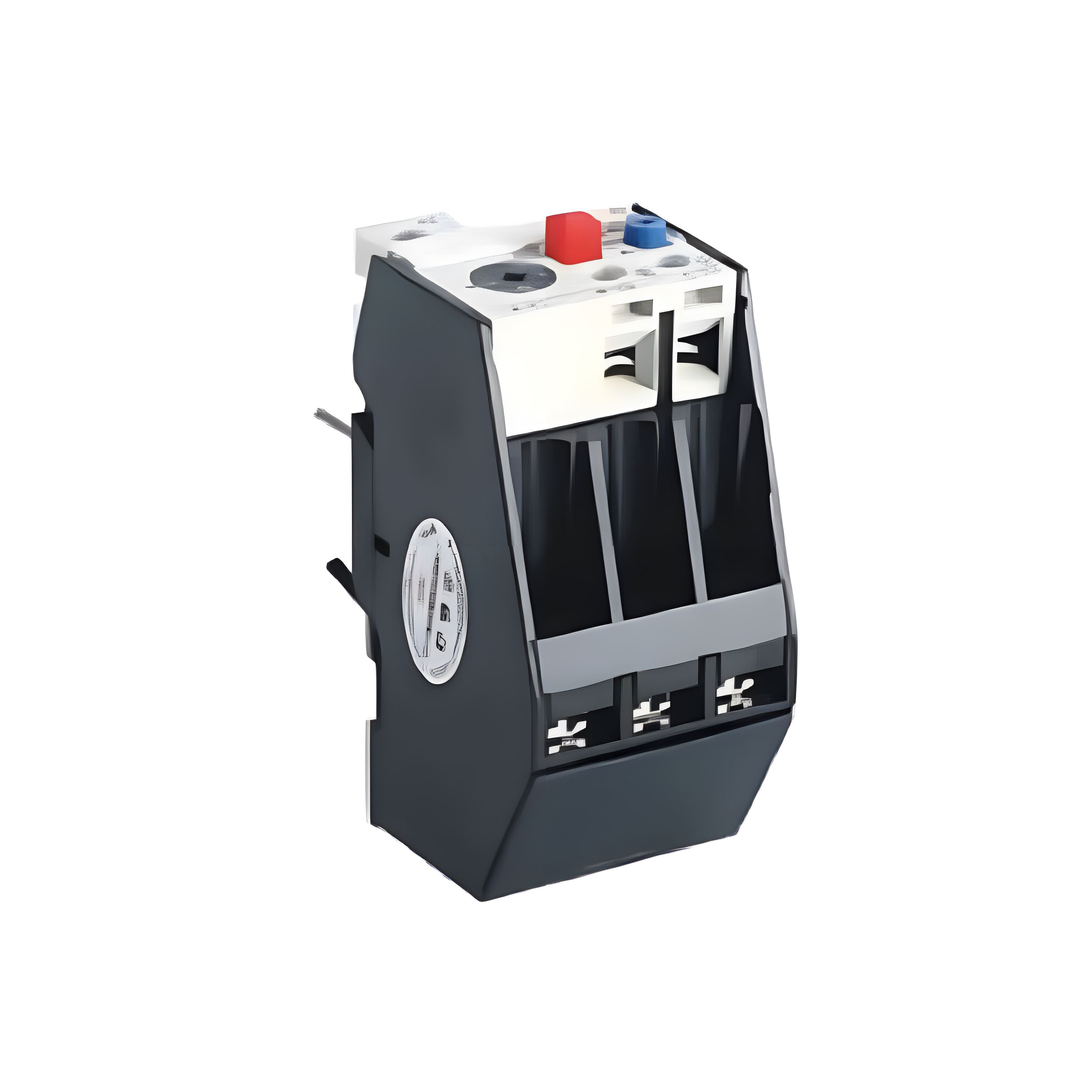
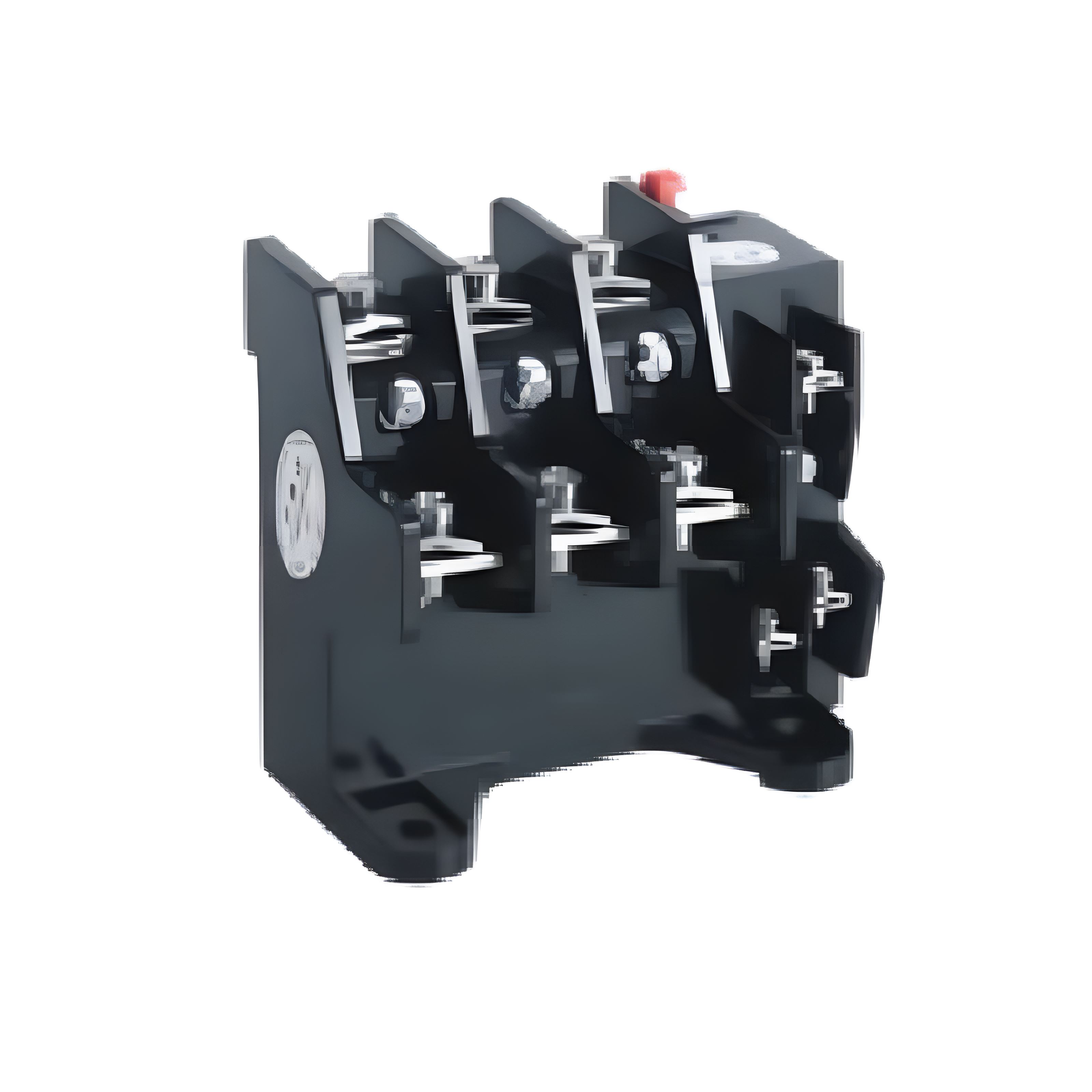
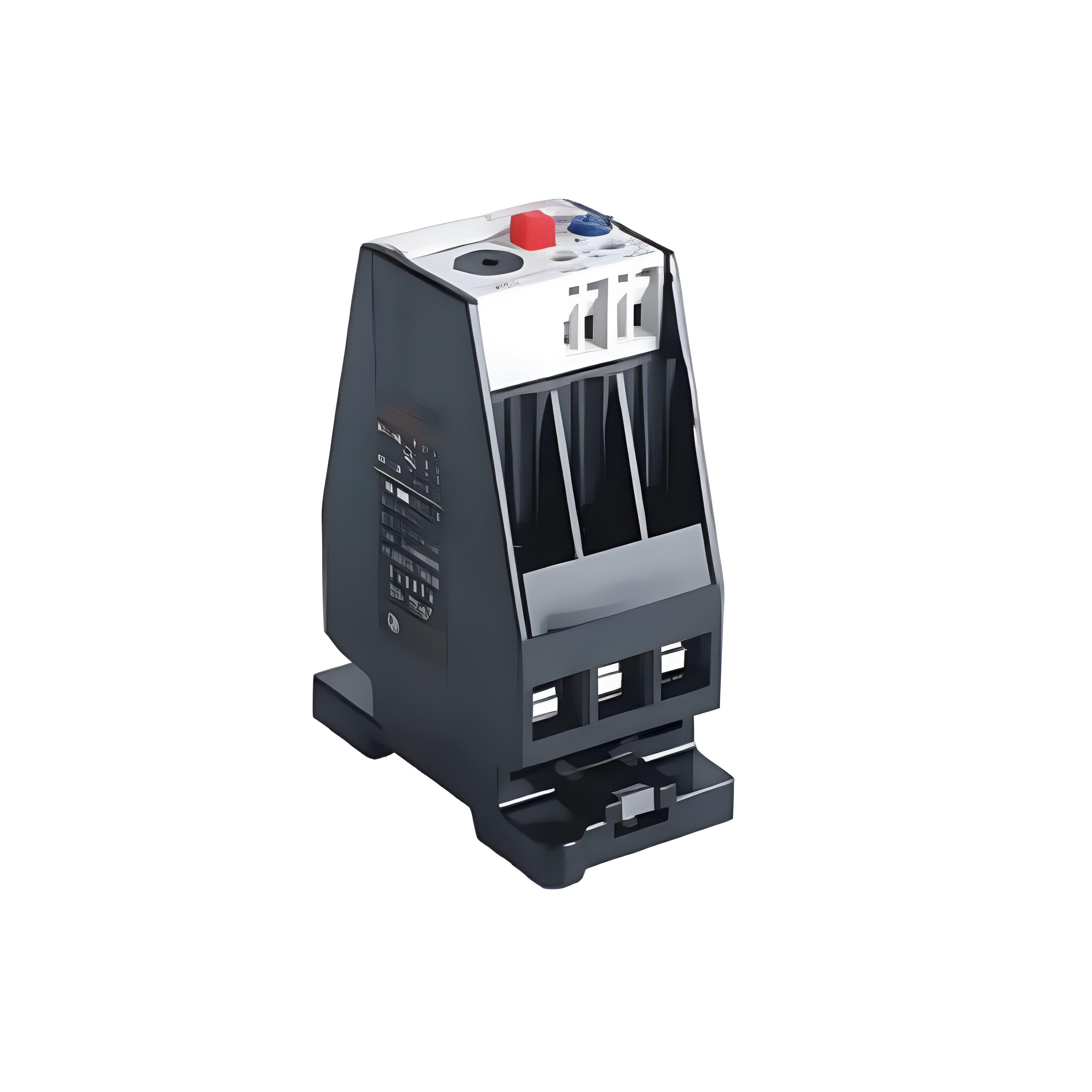
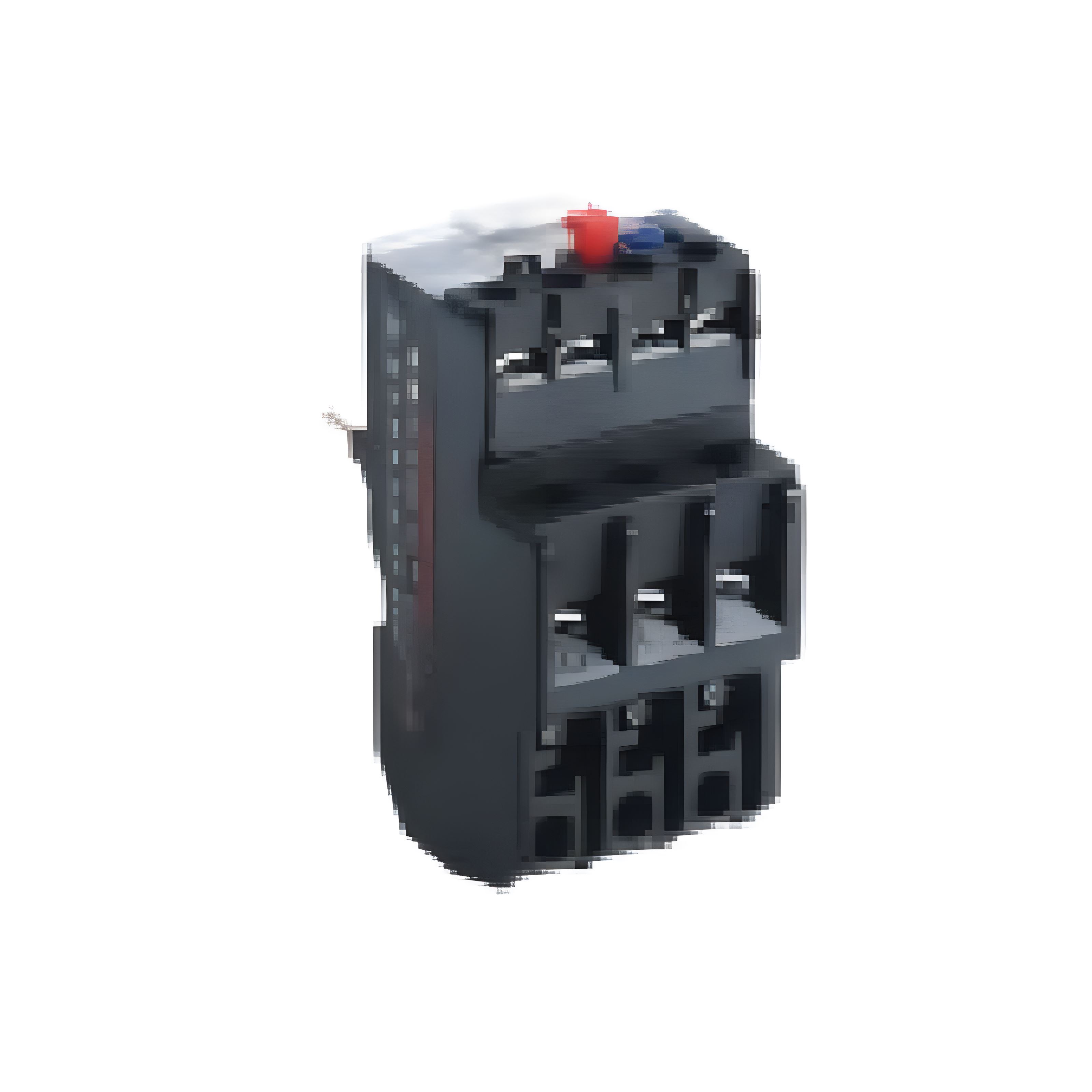
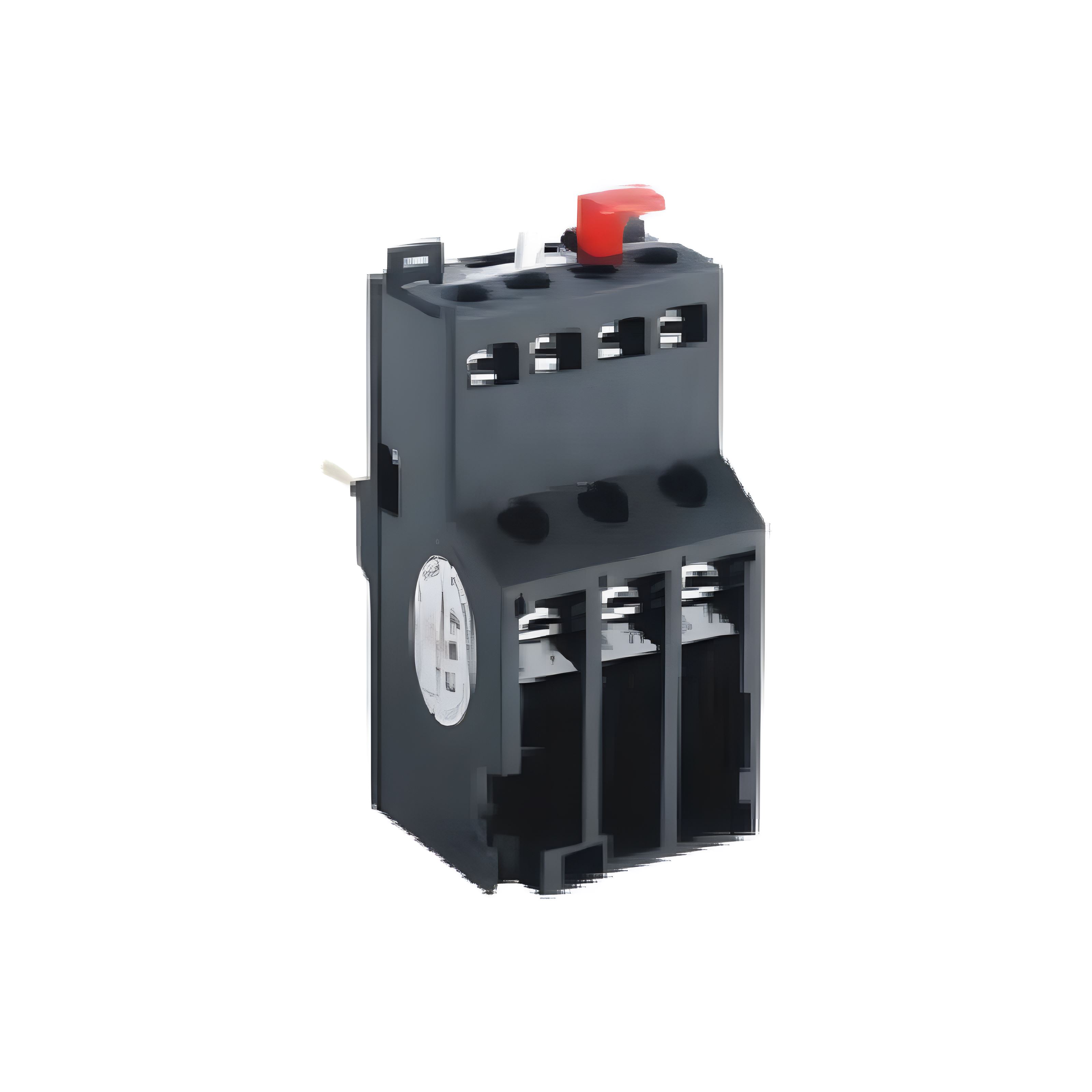
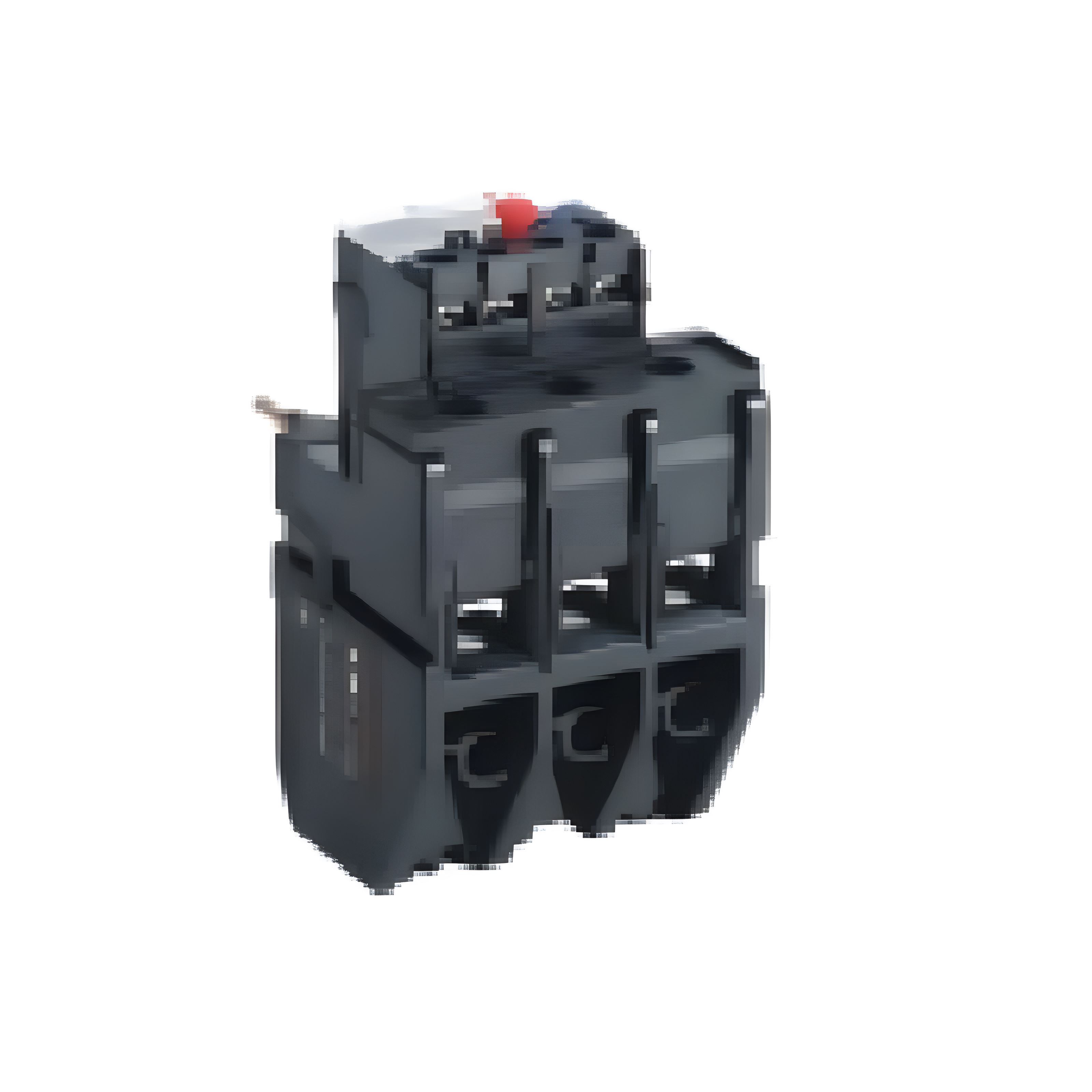
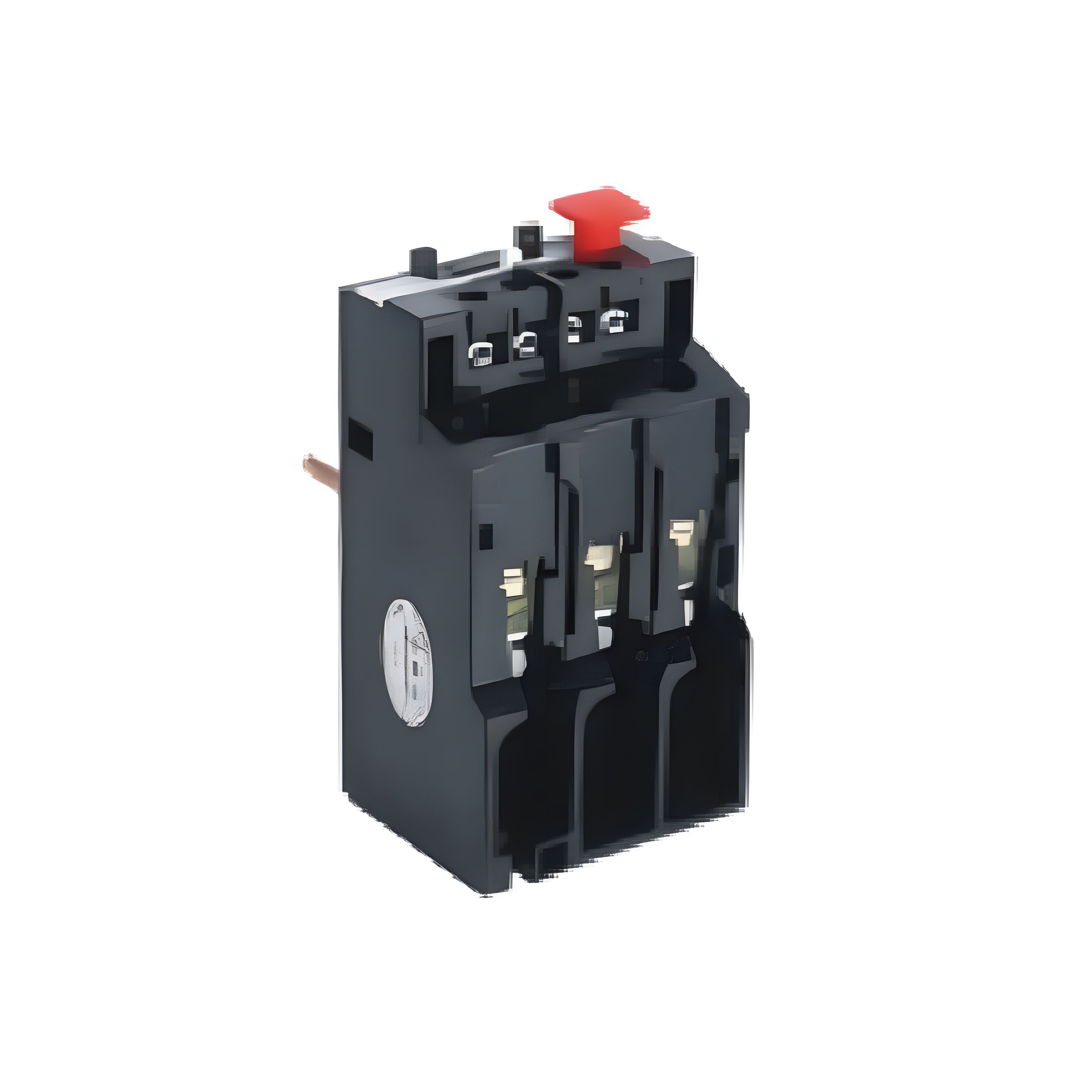
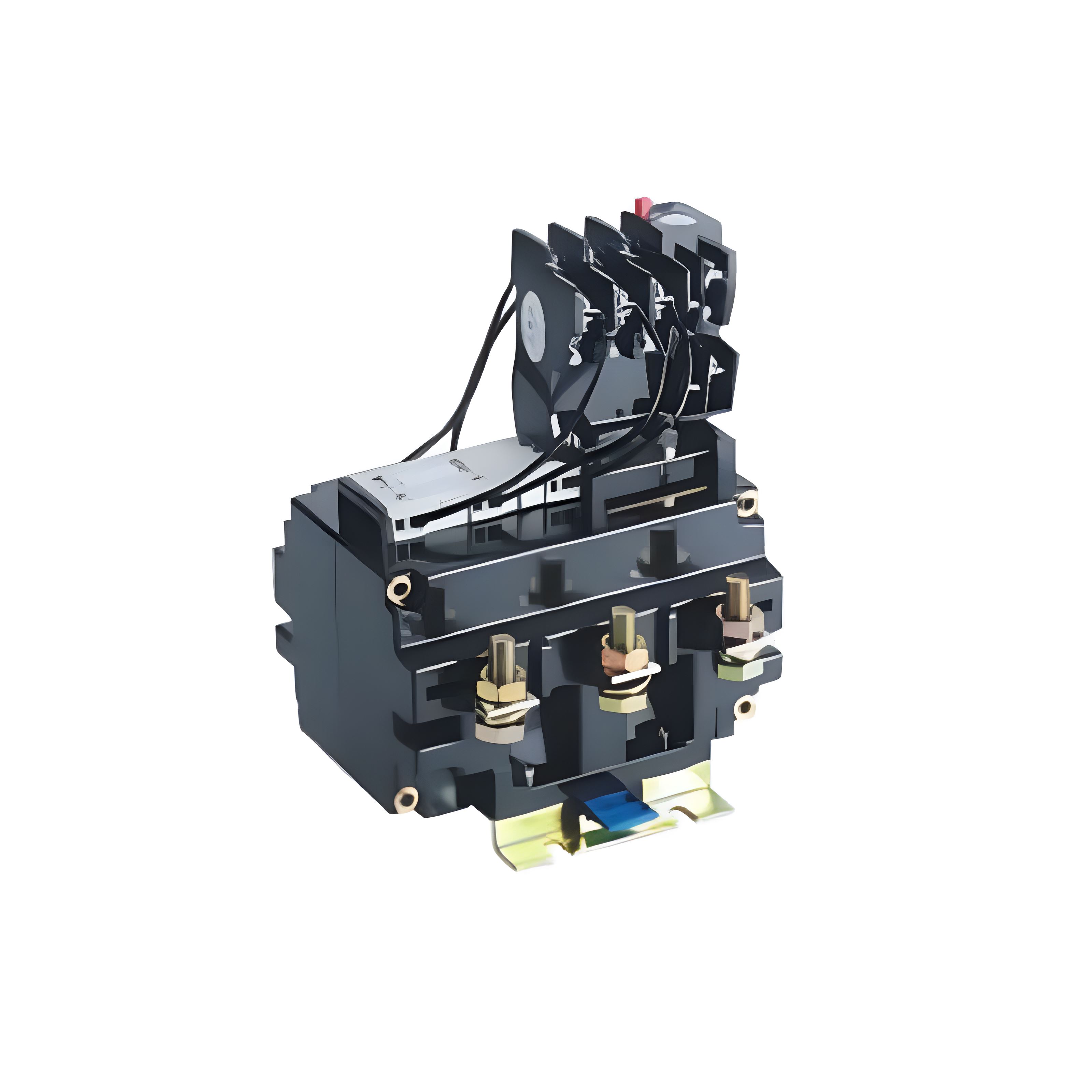
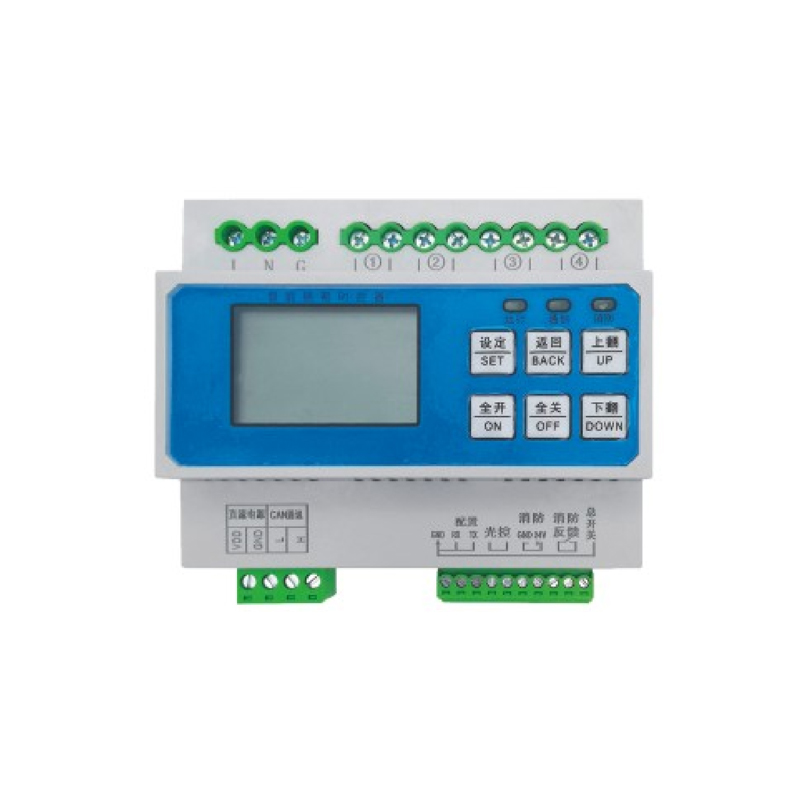




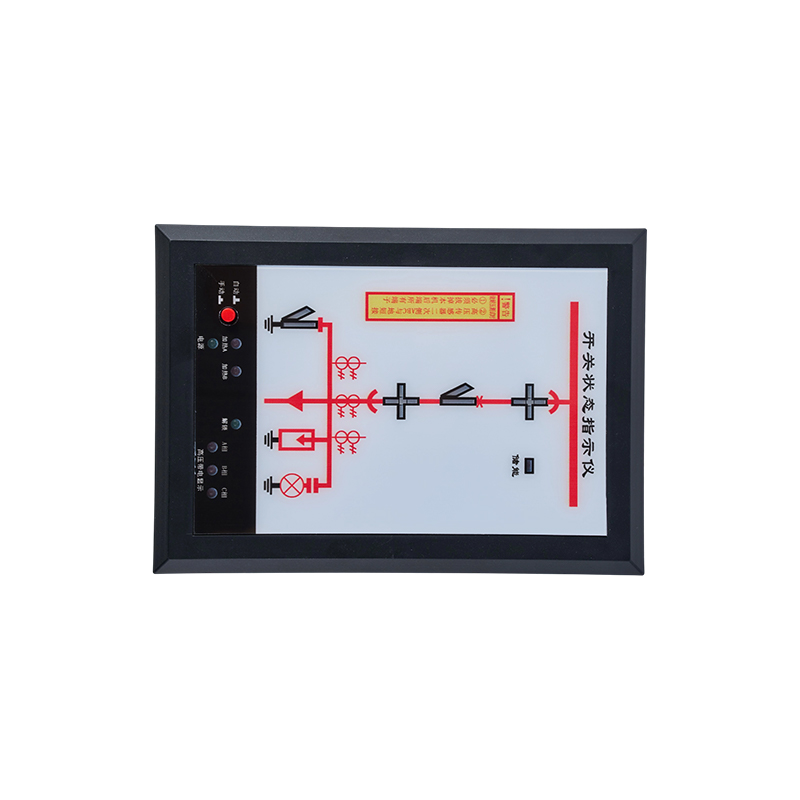
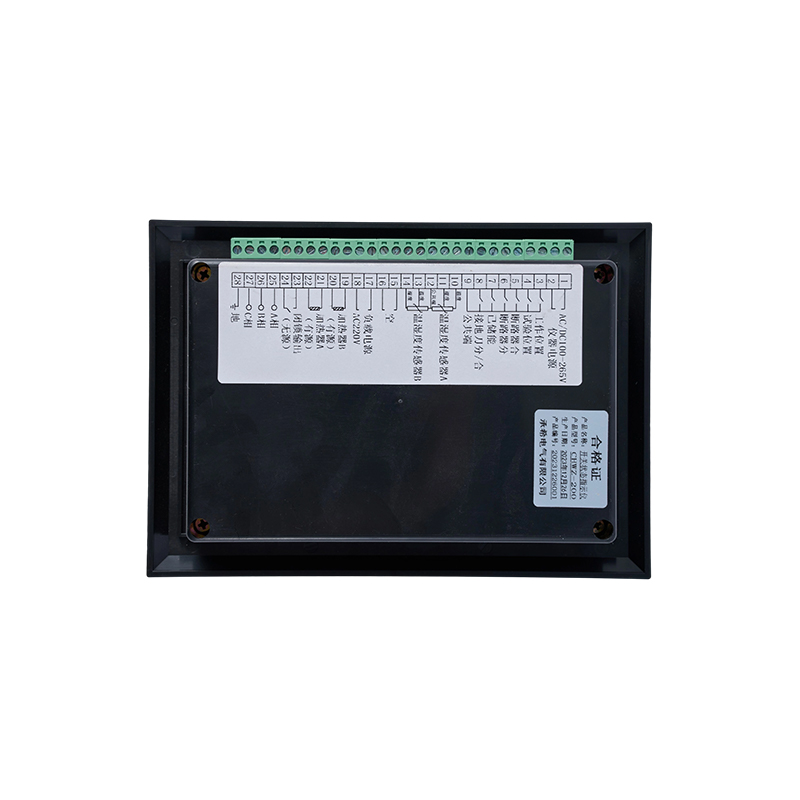
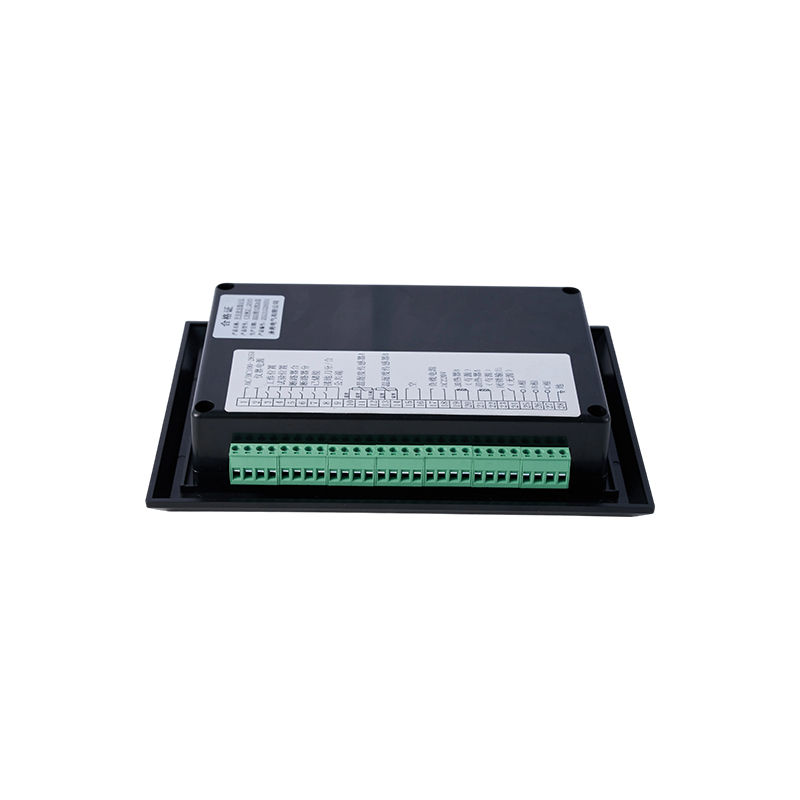
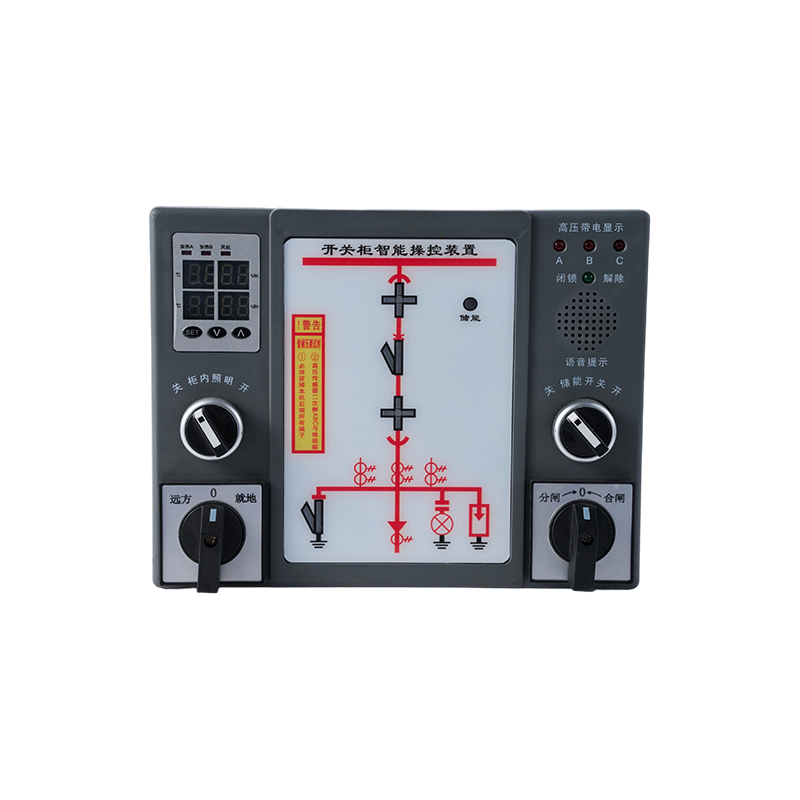
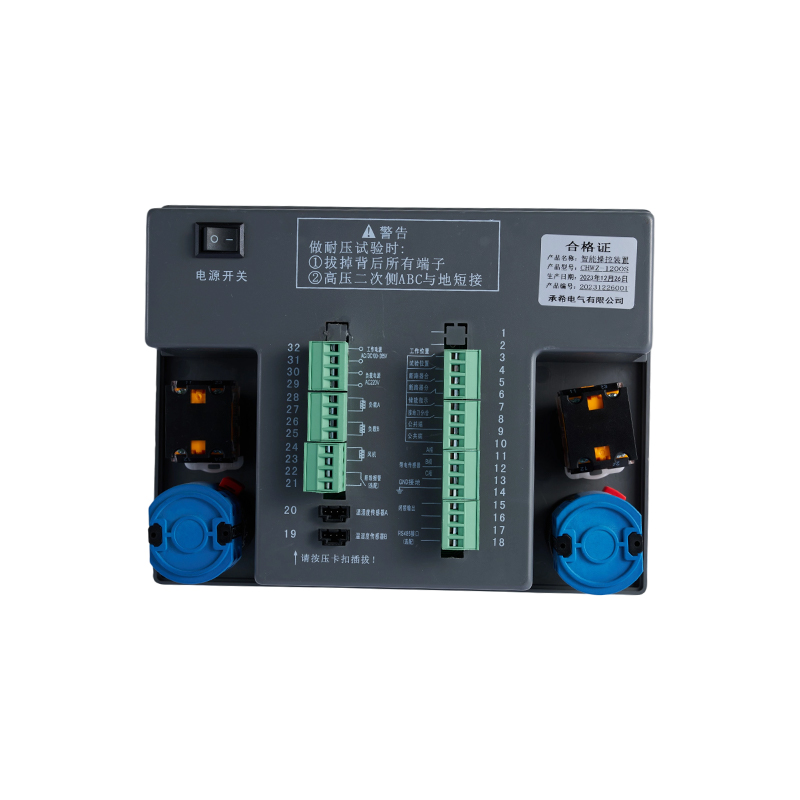
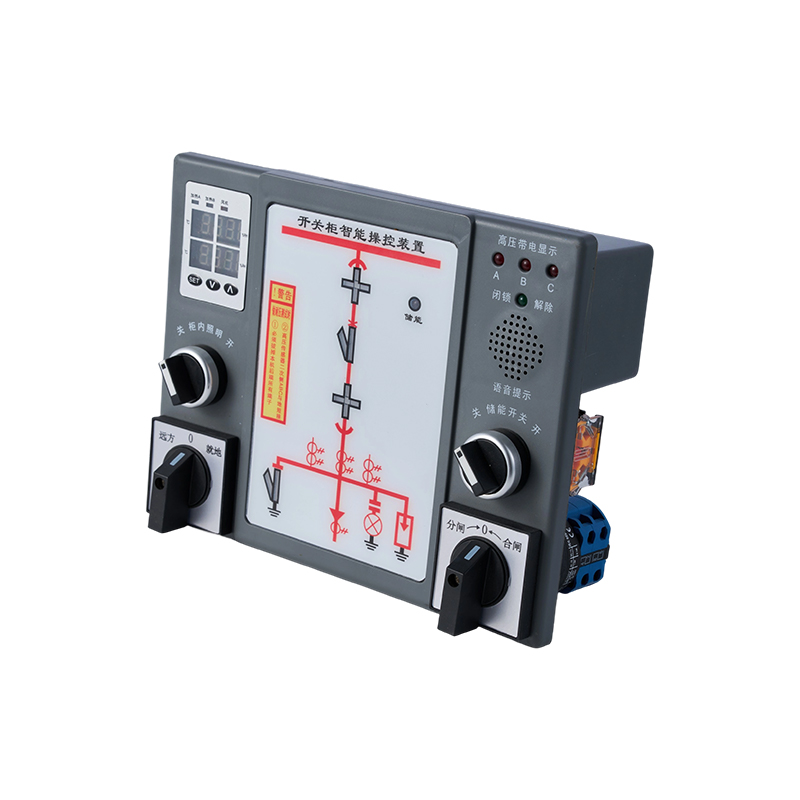
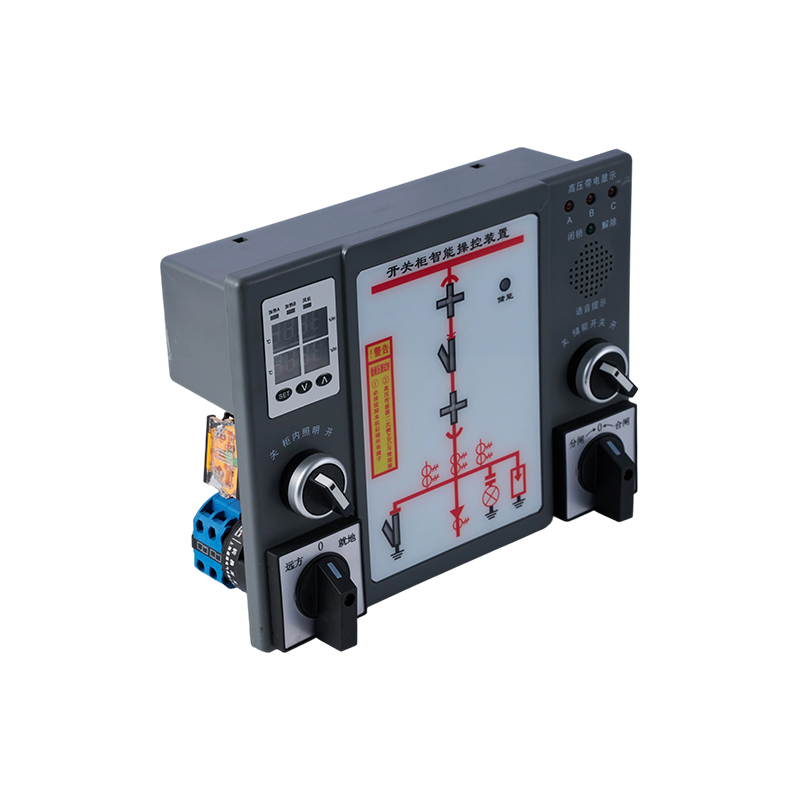
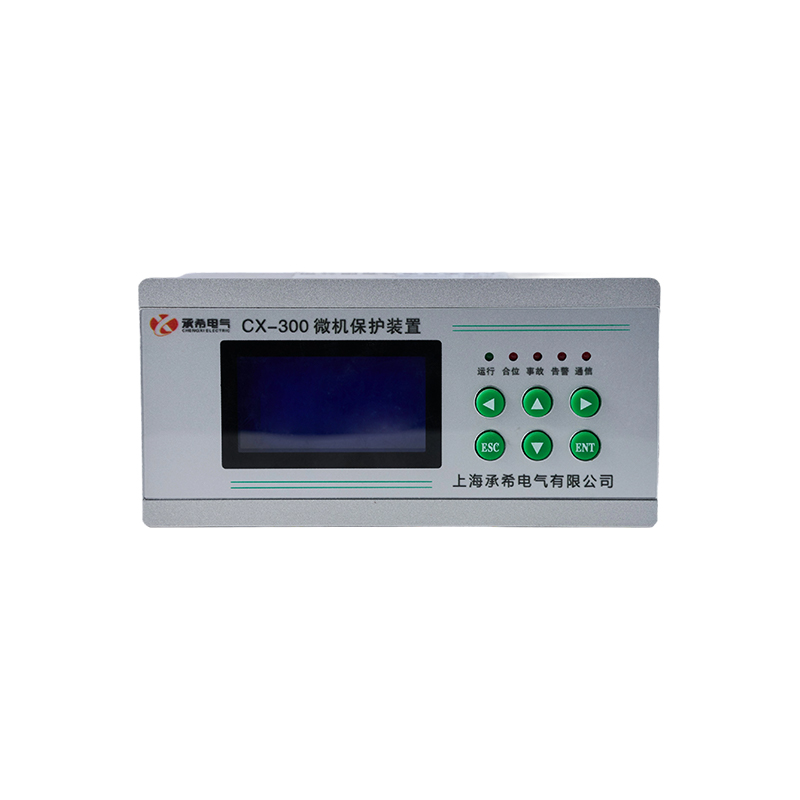
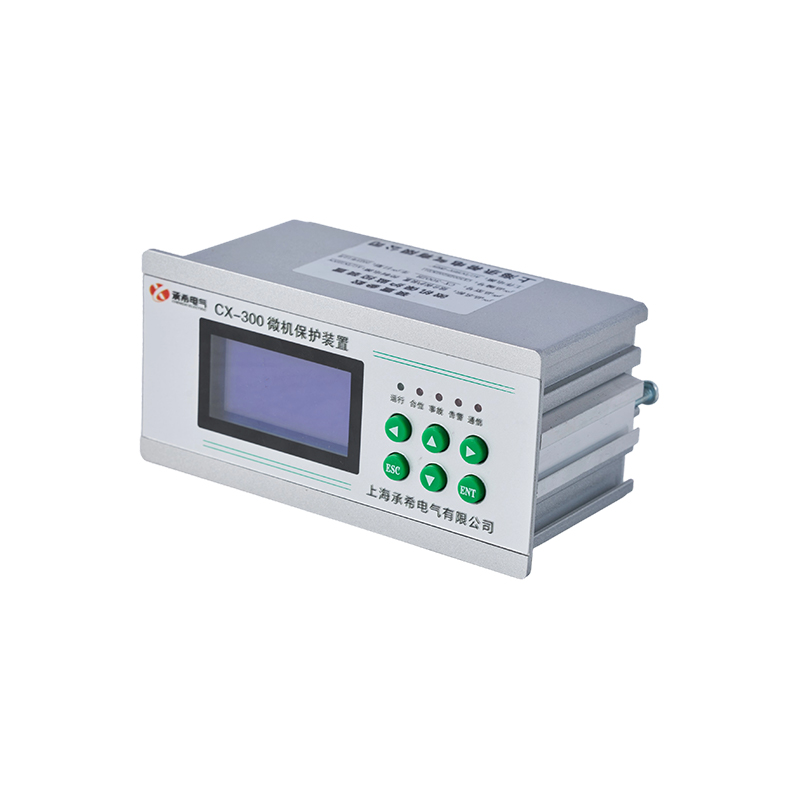
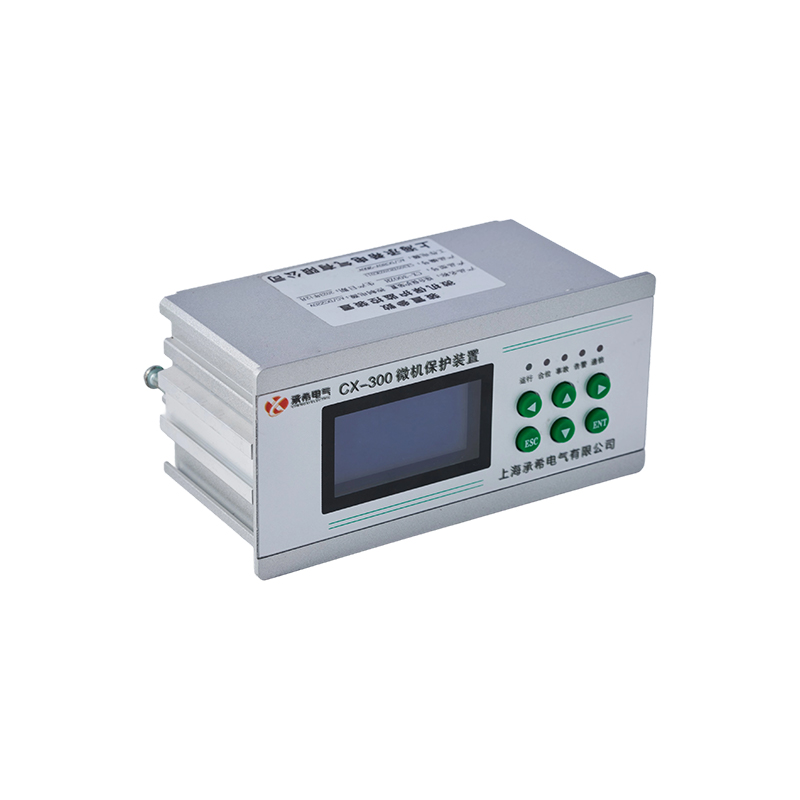
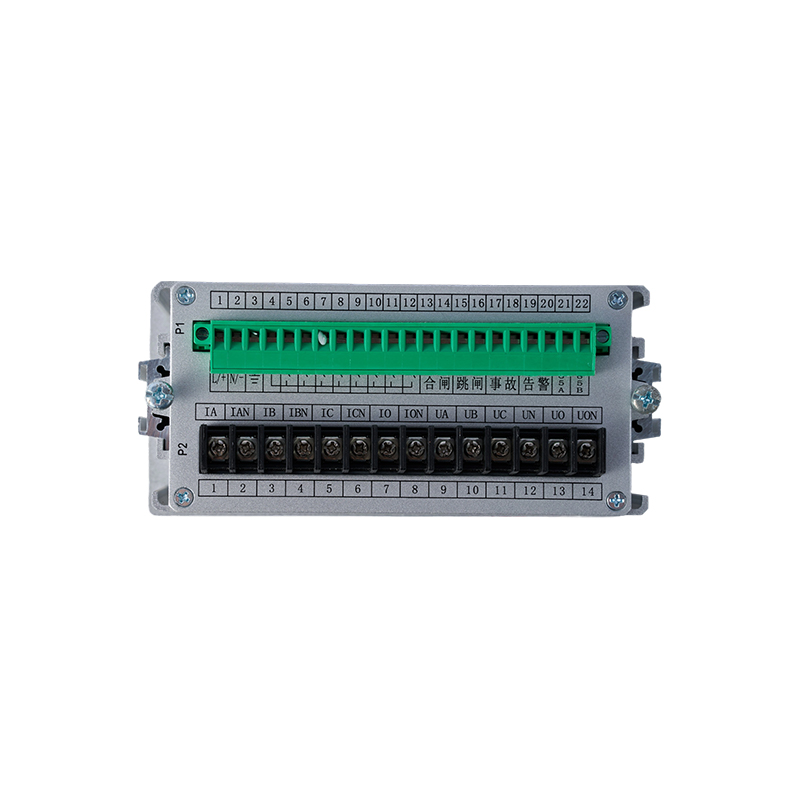

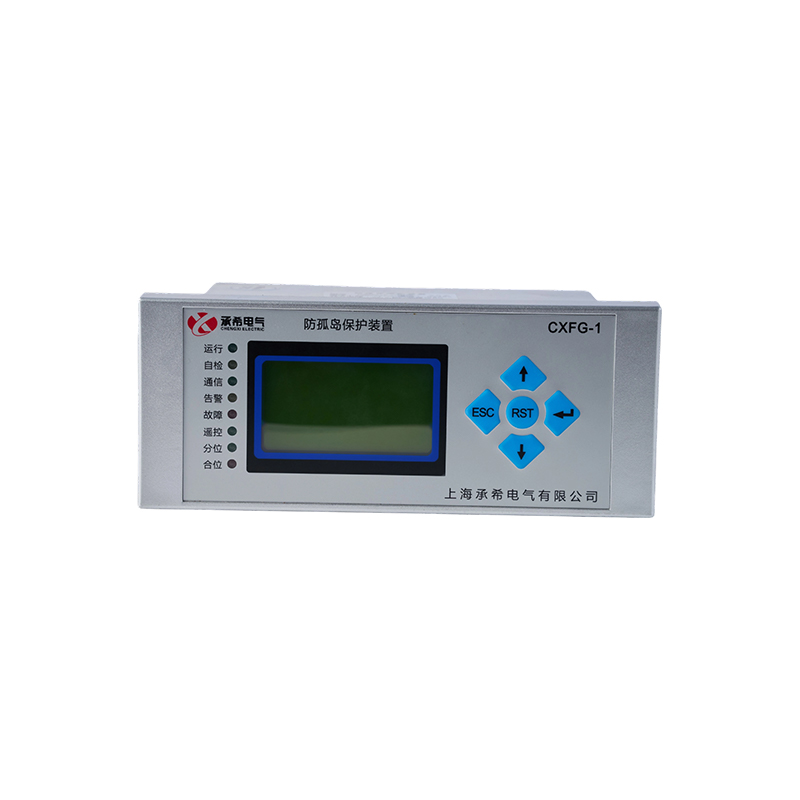
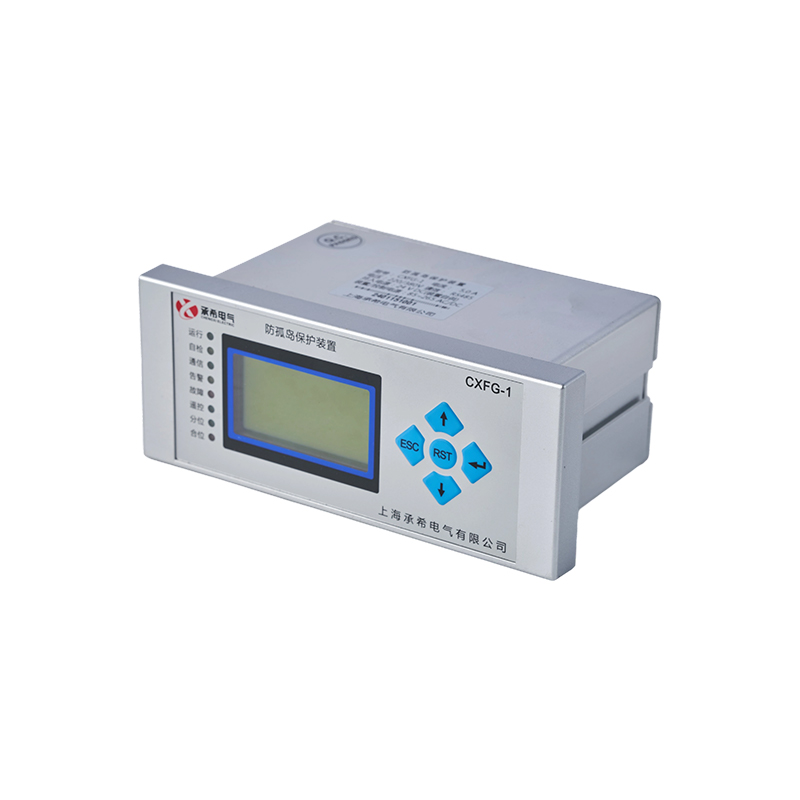
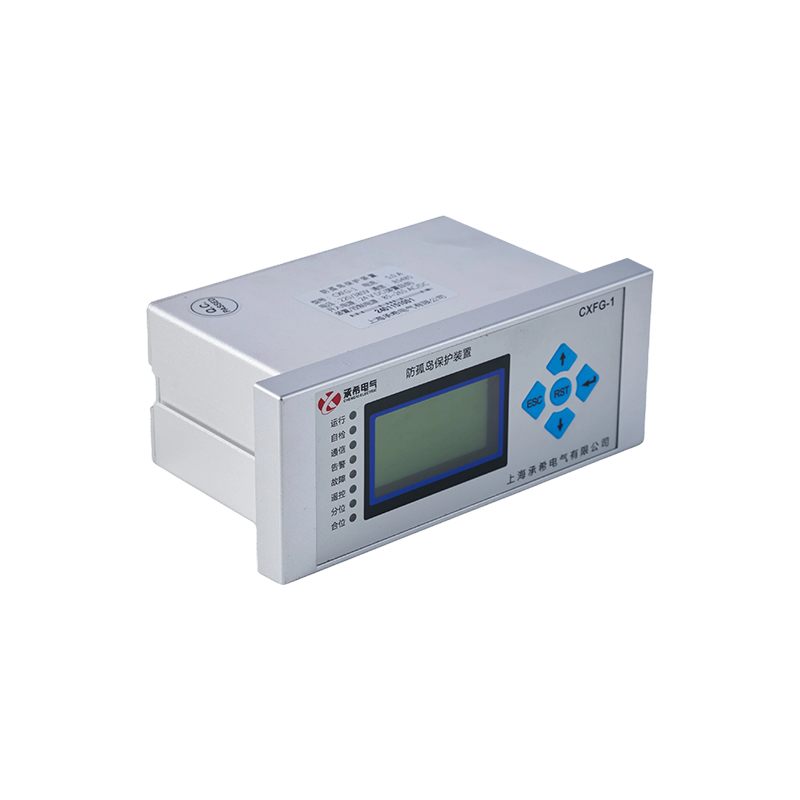
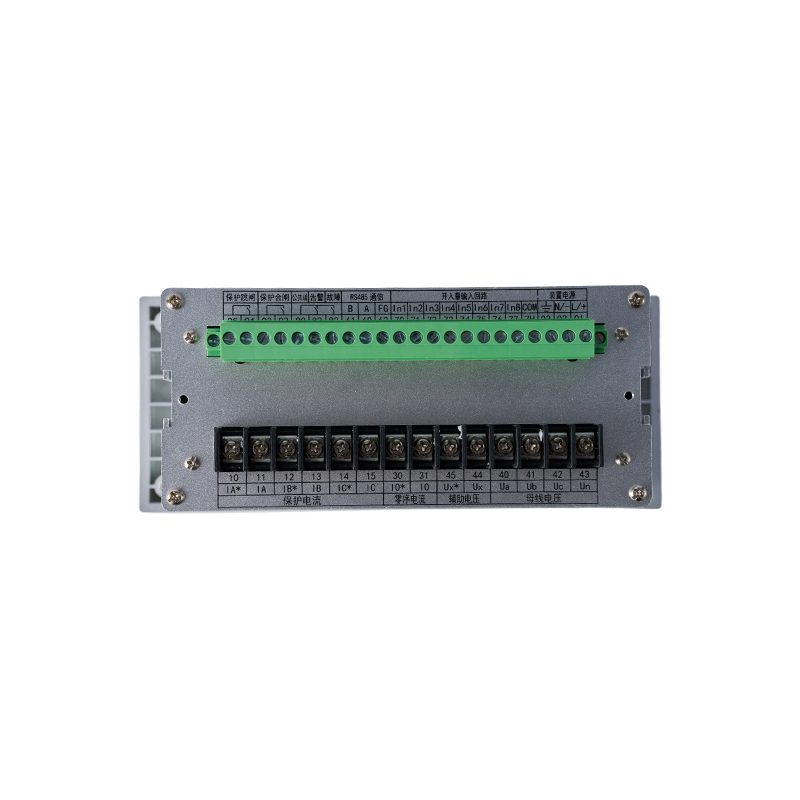
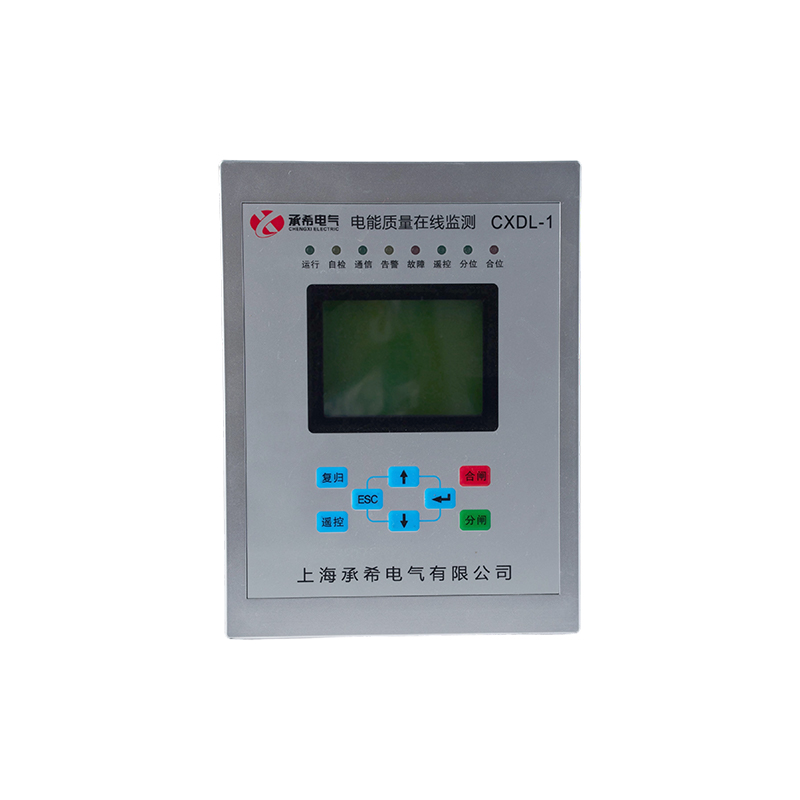
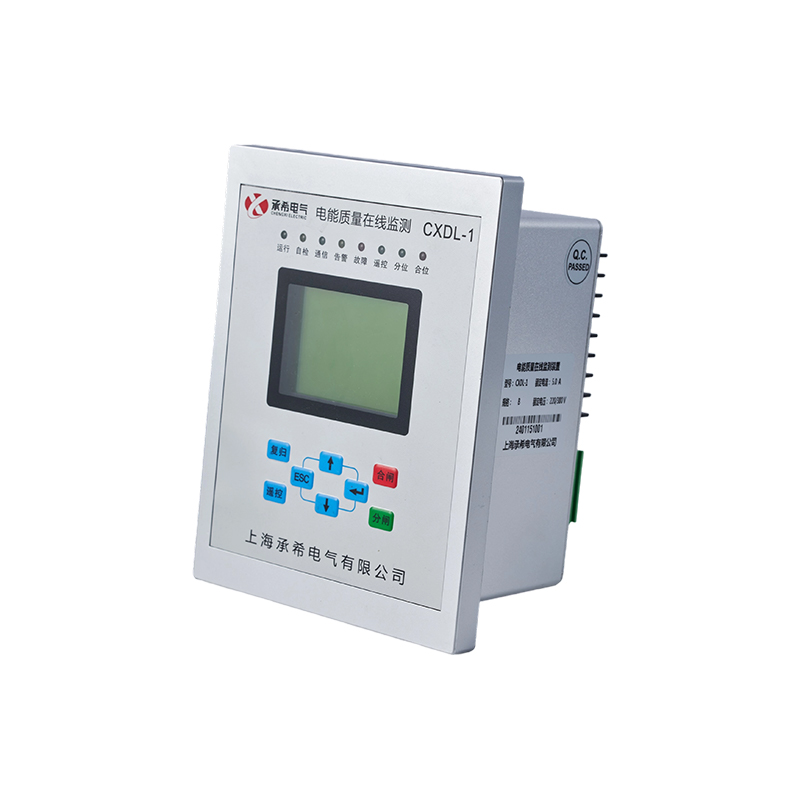
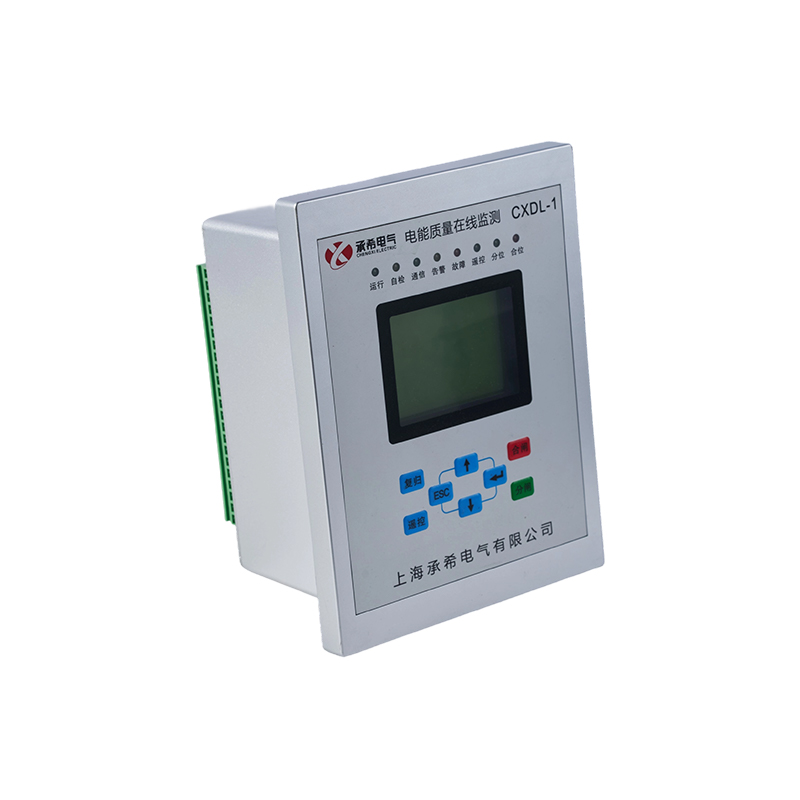
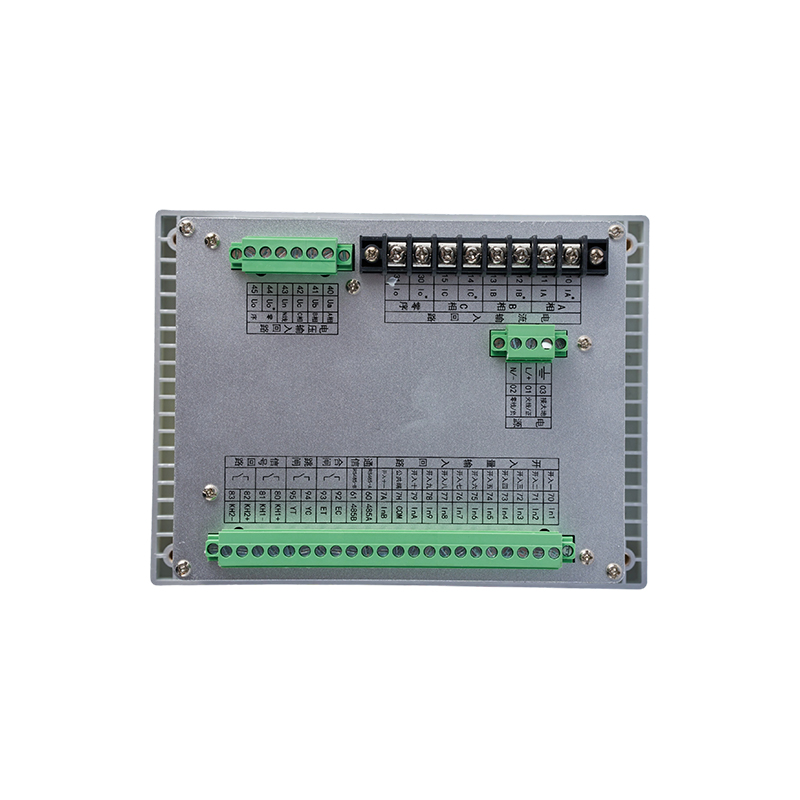








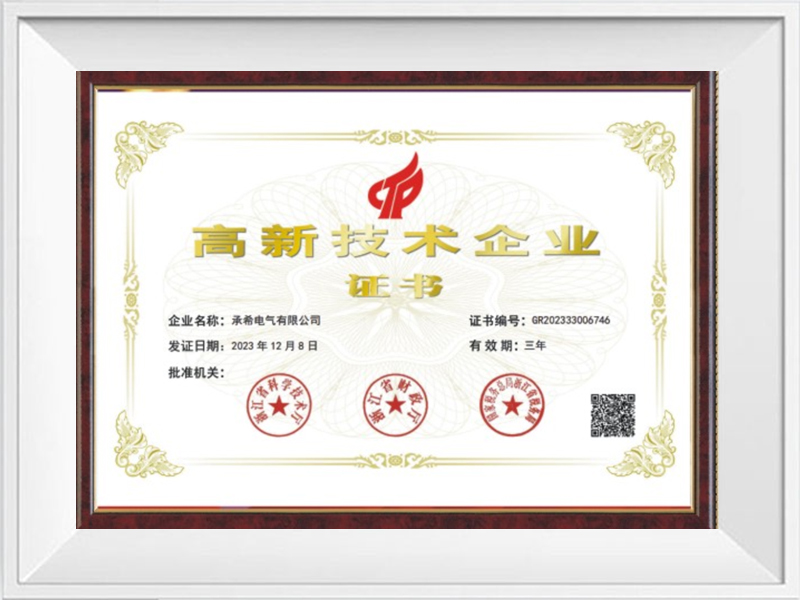

 +86-18067486879
+86-18067486879 
 281 Wei 15th Road, Yueqing Economic Development Zone, Zhejiang, China
281 Wei 15th Road, Yueqing Economic Development Zone, Zhejiang, China 